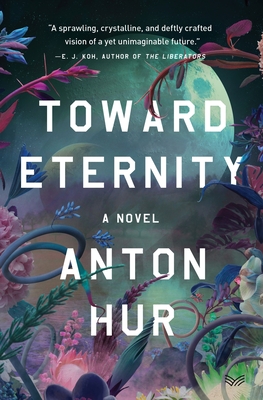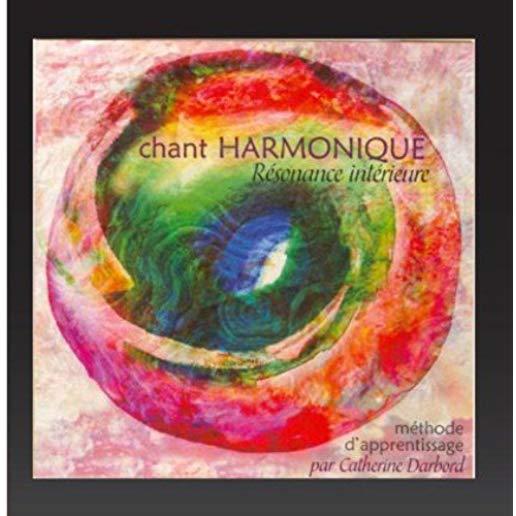
description
the great poet and sexual rebel, who could "give the dead a voice, make them sing" (Hilton Als, The New Yorker).
Thom Gunn was not a confessional poet, and he withheld much, but inseparable from his rigorous, formal poetry was a ravenous, acute experience of life and death. Raised in Kent, England, and educated at Cambridge, Gunn found a home in San Francisco, where he documented the city's queerness, the hippie mentality (and drug use) of the sixties, and the tragedy and catastrophic impact of the AIDS crisis in the eighties and beyond. As Jeremy Lybarger wrote in The New Republic, the author of Moly and The Man with Night Sweats was "an agile poet who renovated tradition to accommodate the rude litter of modernity." Thom Gunn: A Cool Queer Life chronicles, for the first time, the largely undocumented life of this revolutionary poet. Michael Nott, a coeditor of The Letters of Thom Gunn, draws on letters, diaries, notebooks, interviews, and Gunn's poetry to create a portrait as vital as the man himself. Nott writes with insight and intimacy about the great sweep of Gunn's life: his traditional childhood in England; his mother's suicide; the mind-opening education he received at Cambridge, reading Shakespeare and John Donne; his decades in San Francisco and with his life partner, Mike Kitay; and his visceral experience of sex, drugs, and loss. Thom Gunn: A Cool Queer Life is a long-awaited, landmark study of one of England and America's most innovative poets.
Thom Gunn was not a confessional poet, and he withheld much, but inseparable from his rigorous, formal poetry was a ravenous, acute experience of life and death. Raised in Kent, England, and educated at Cambridge, Gunn found a home in San Francisco, where he documented the city's queerness, the hippie mentality (and drug use) of the sixties, and the tragedy and catastrophic impact of the AIDS crisis in the eighties and beyond. As Jeremy Lybarger wrote in The New Republic, the author of Moly and The Man with Night Sweats was "an agile poet who renovated tradition to accommodate the rude litter of modernity." Thom Gunn: A Cool Queer Life chronicles, for the first time, the largely undocumented life of this revolutionary poet. Michael Nott, a coeditor of The Letters of Thom Gunn, draws on letters, diaries, notebooks, interviews, and Gunn's poetry to create a portrait as vital as the man himself. Nott writes with insight and intimacy about the great sweep of Gunn's life: his traditional childhood in England; his mother's suicide; the mind-opening education he received at Cambridge, reading Shakespeare and John Donne; his decades in San Francisco and with his life partner, Mike Kitay; and his visceral experience of sex, drugs, and loss. Thom Gunn: A Cool Queer Life is a long-awaited, landmark study of one of England and America's most innovative poets.
member goods
No member items were found under this heading.
listens & views

BRITISH CINEMA & THEATRE ORCHESTRAS ...
by BRITISH CINEMA AND THEATRE ORCHESTRAS 3 / VARIOUS
COMPACT DISCout of stock
$9.49
Return Policy
All sales are final
Shipping
No special shipping considerations available.
Shipping fees determined at checkout.






